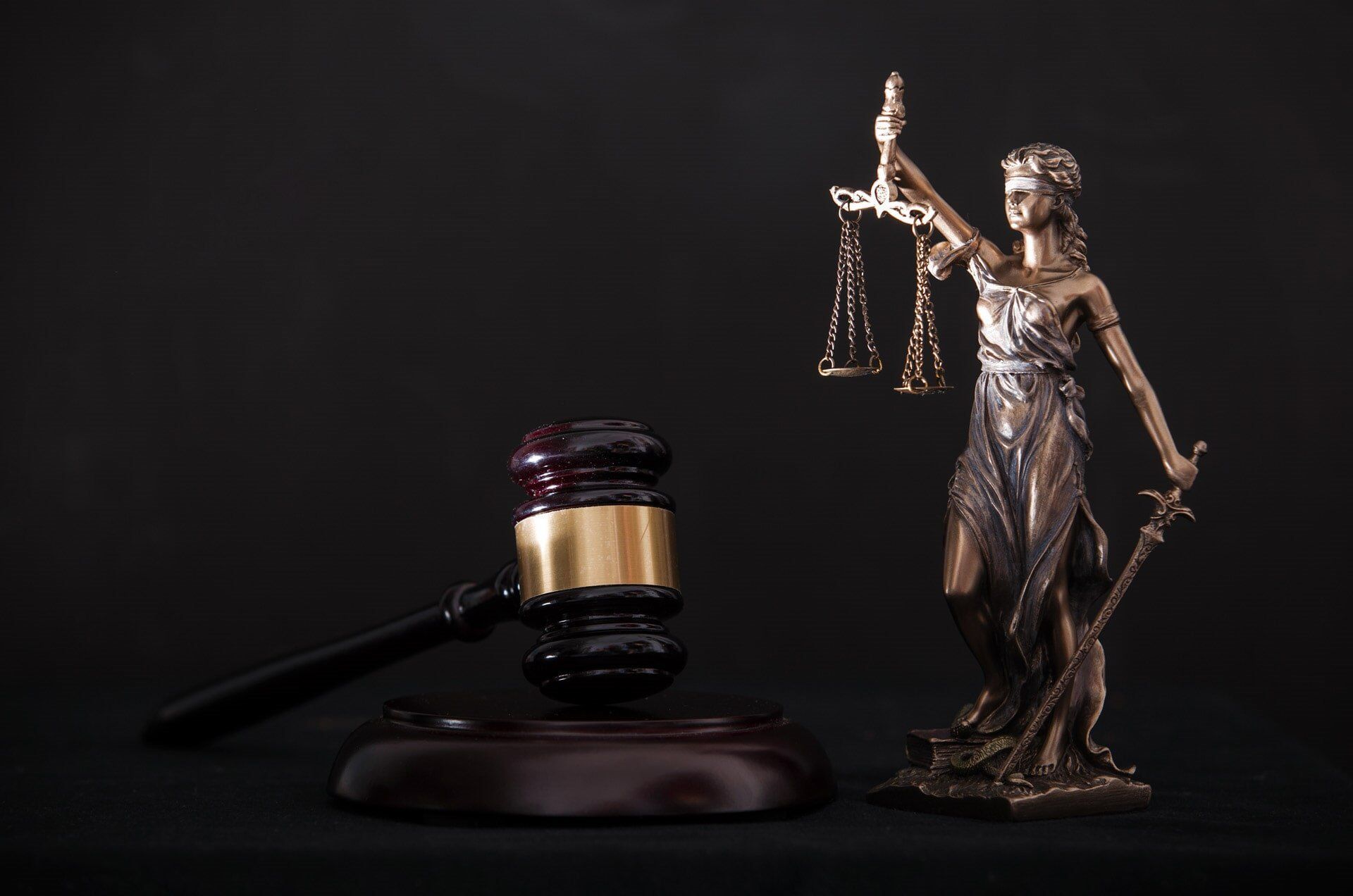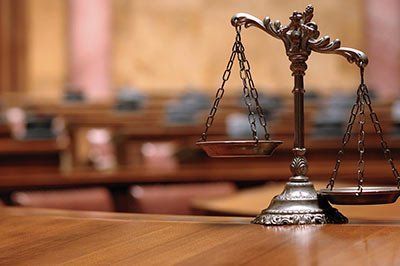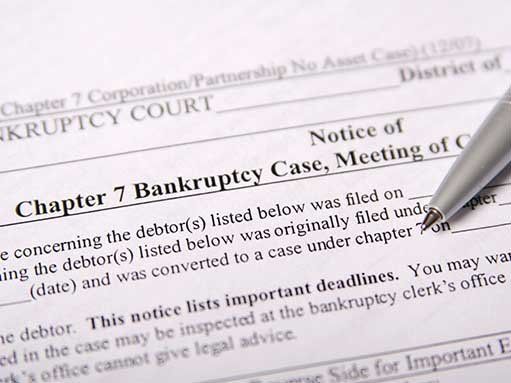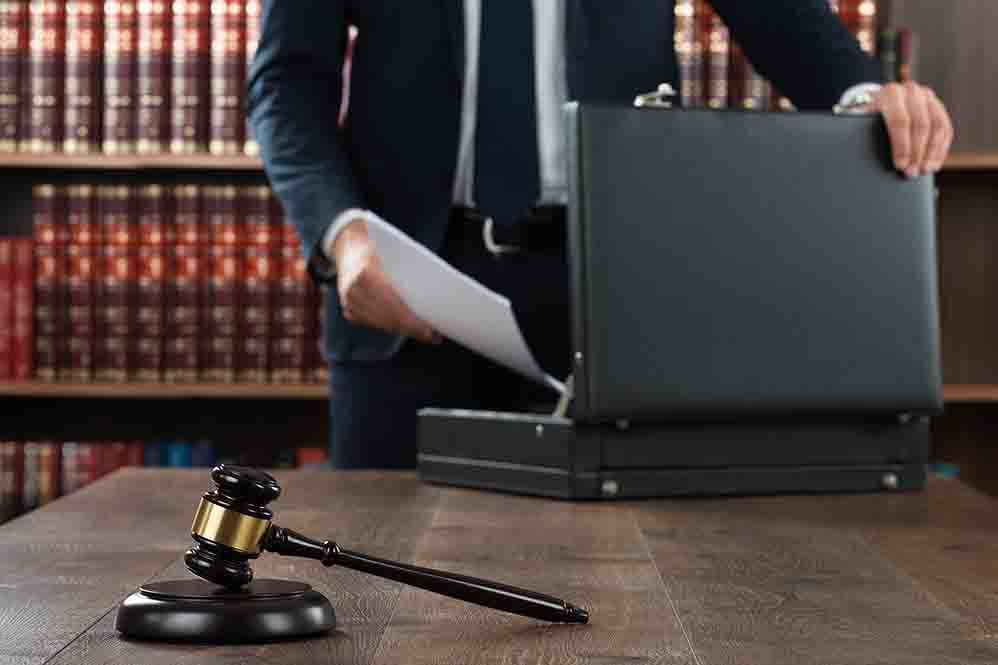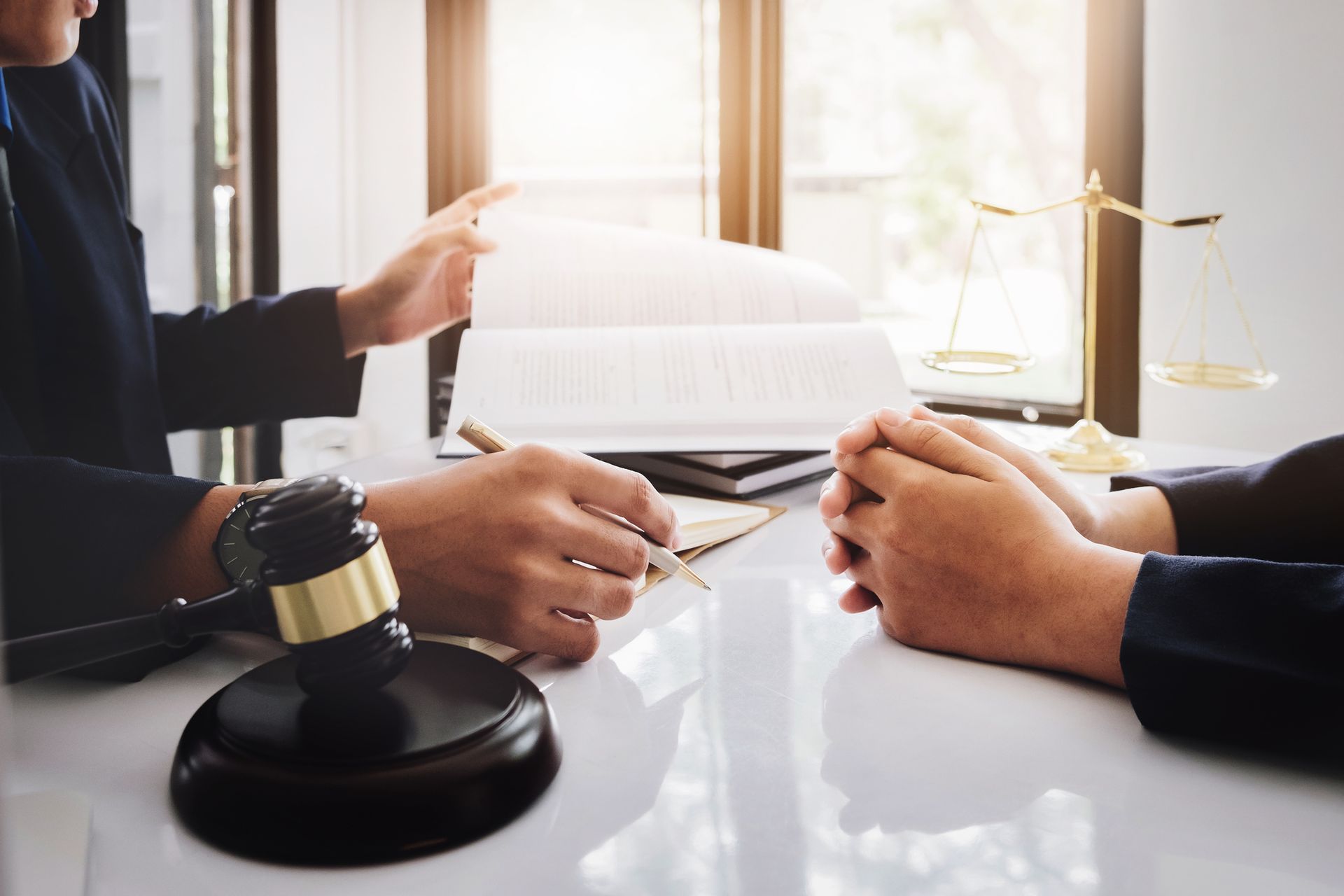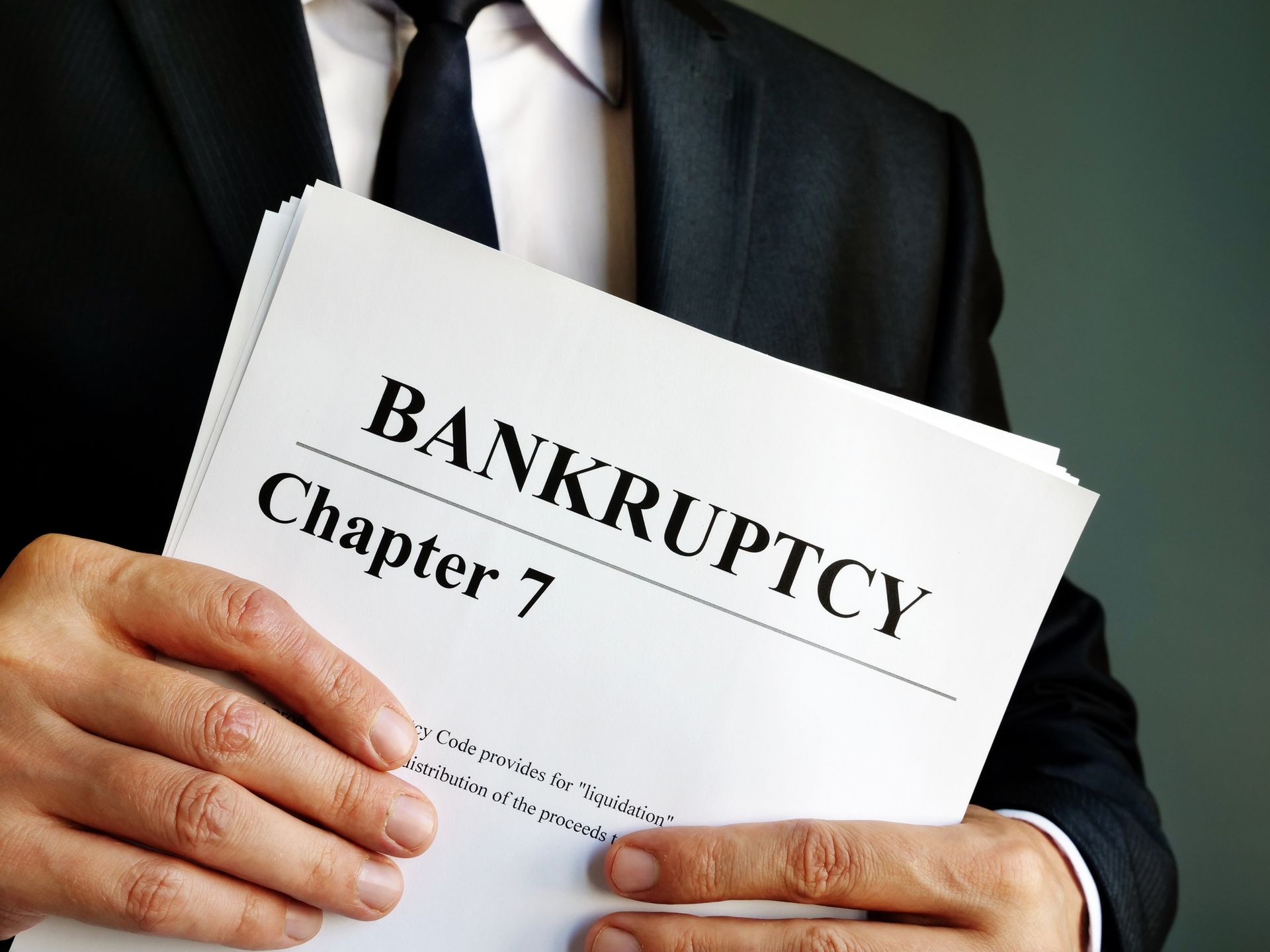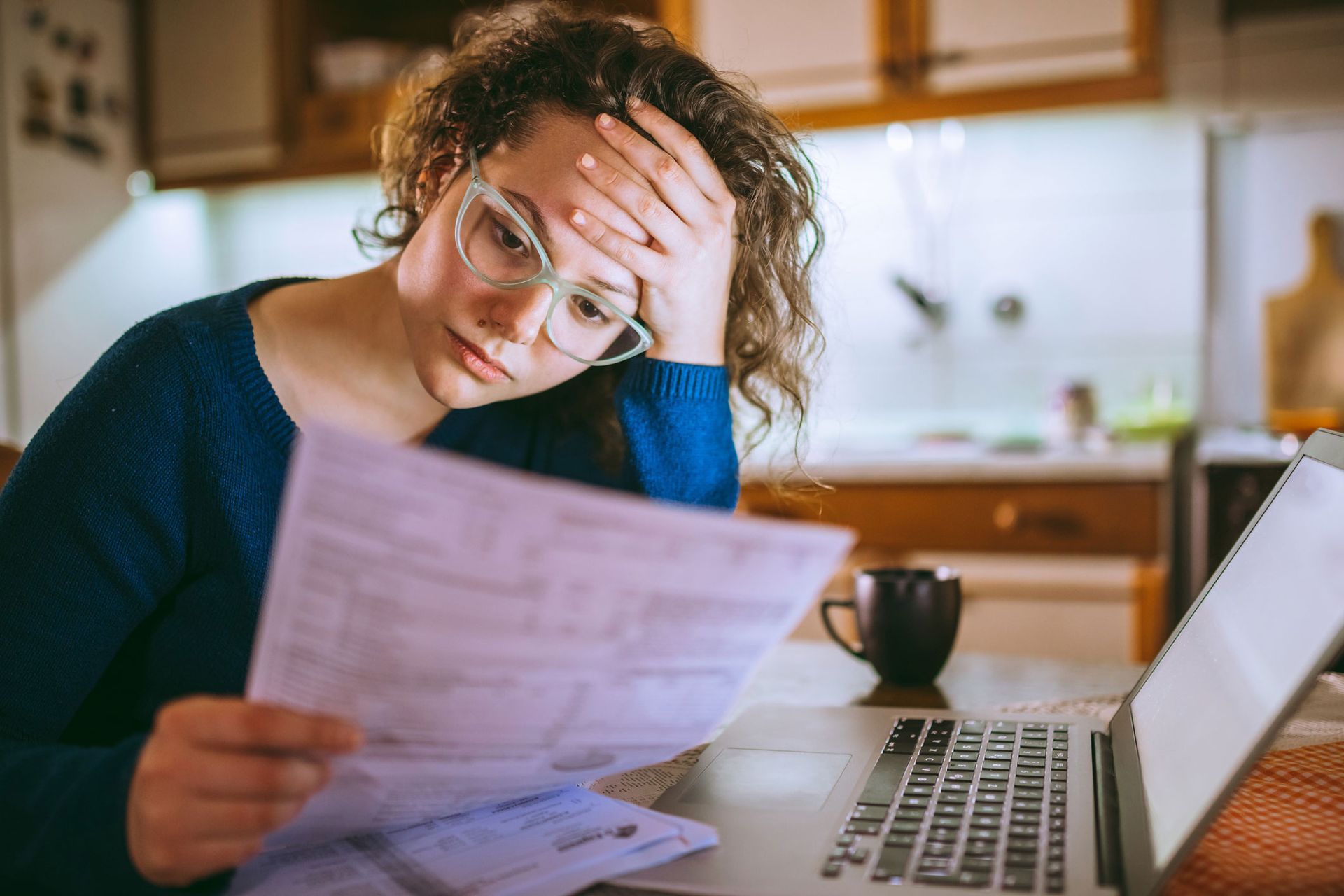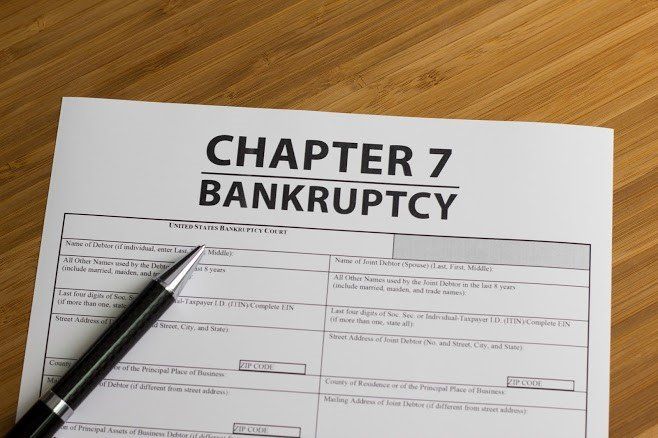What to do now and post COVID-19 for your financial situation
What to do now and post COVID-19 for your financial situation

Without work, many Americans worry about their ability to pay rent and other bills, as well as buy essentials such as groceries. About 58% of Americans say they’ve already lost income because of coronavirus, according to TransUnion’s online poll of over 3,000 U.S. adults. Of those, nearly seven out of 10 are worried about paying their bills and making good on loans. Here’s what our office says you should understand about the process, and the steps you should take before filing for bankruptcy.
Understand your options
- Pay the minimum on all your bills, stay current and tough it out if you can and hopefully your work picks up. Keep in mind just making minimum payments on credit cards may take 30 years or more to payoff, assuming you do not add debt to them. Many people file for bankruptcy even when they can make minimum payments because they know they’ll be in debt for the rest of their lives.
- Negotiate a settlement of some kind with your lenders, but this comes with additional hidden costs like income taxes due on amounts saved and having cash in a lump sum is difficult.
- File for bankruptcy
- One would think that it doesn’t make sense to jump right into bankruptcy, but it absolutely crucial to see a lawyer first for a free consultation before wasting time and money on dangerous things like cashing in retirement, doing debt consolidations or debt settlements with far away companies.
Filing for bankruptcy does cost money
When you hire an attorney, that is an additional but worthwhile expense. For a Chapter 7, you can expect to spend between ~$1,500 in legal fees, depending on the complexity of your case. These fees need to be paid before the Chapter 7 is filed in court to avoid any issues.
For Chapter 13, it is a bit more expensive, generally $4,500. That is because many Chapter 13 bankruptcies can take up to five years to resolve, and the attorney will need to continue to manage your case. But, in these cases, you usually can pay the attorneys’ fees over time and only pay down a small amount to start. Chapter 13 can do amazing thing for people that cannot be done in Chapter 7 like saving homes from foreclosure or cars from repossession.
If you decide to move forward with the process, please call our office at 920-432-8801 and talk with us about your issues. We are here to help and can answer any questions. We also offer free consultations.
Bankruptcy is not the end of your financial life
If you can no longer afford to pay your bills, then it may be time to consider bankruptcy. Don’t beat yourself up over it.
Filing for bankruptcy is often thought of as an admission that “I’m a failure,” but that’s not usually the case. And while it’s a step most people don’t want to take, bankruptcy can provide a lot of relief if done right.
Filing bankruptcy can provide that fresh start. Once your Chapter 7 bankruptcy is approved, or you receive a discharge in your Chapter 13 case, you’re completely debt-free.
A bankruptcy may stay on your credit report for years, but that will not prevent you from getting approved for credit. Quite the opposite, usually clients will likely receive dozens of pre-approved credit card offers within a week of completing their bankruptcy. Why? Because creditors know your debt-free and that you are not going to be able to file for another bankruptcy for several years.
Debt can feel like an anchor around your neck, but you should not feel humiliated that you’re taking steps to rectify it through bankruptcy and doing what is best for you and your family.
If you have questions, we are here to help. Please call our office at
920-432-8801 or email us at
attyjaf@new.rr.com . We offer free no-contact consultations through phone or video. Law Offices of John Foscato
